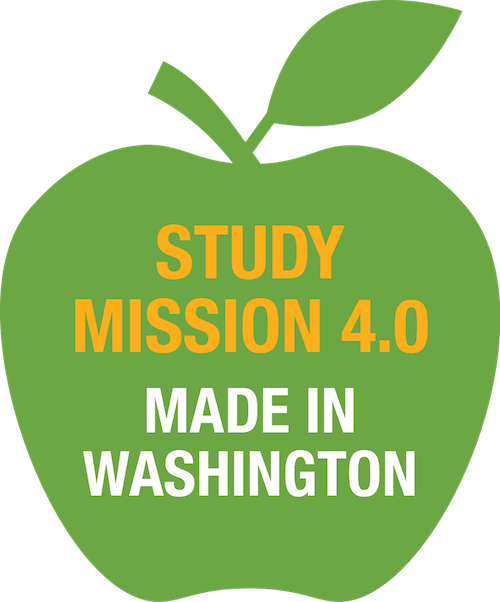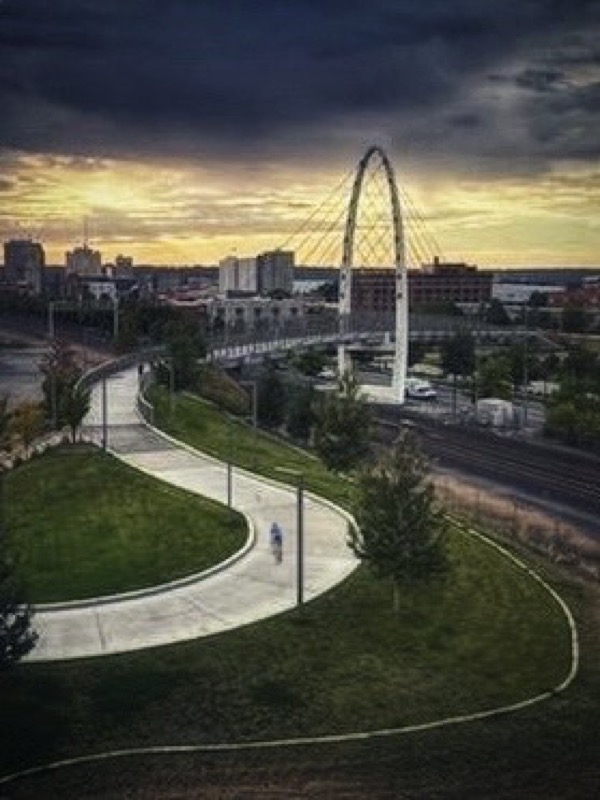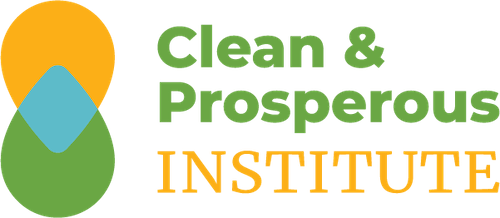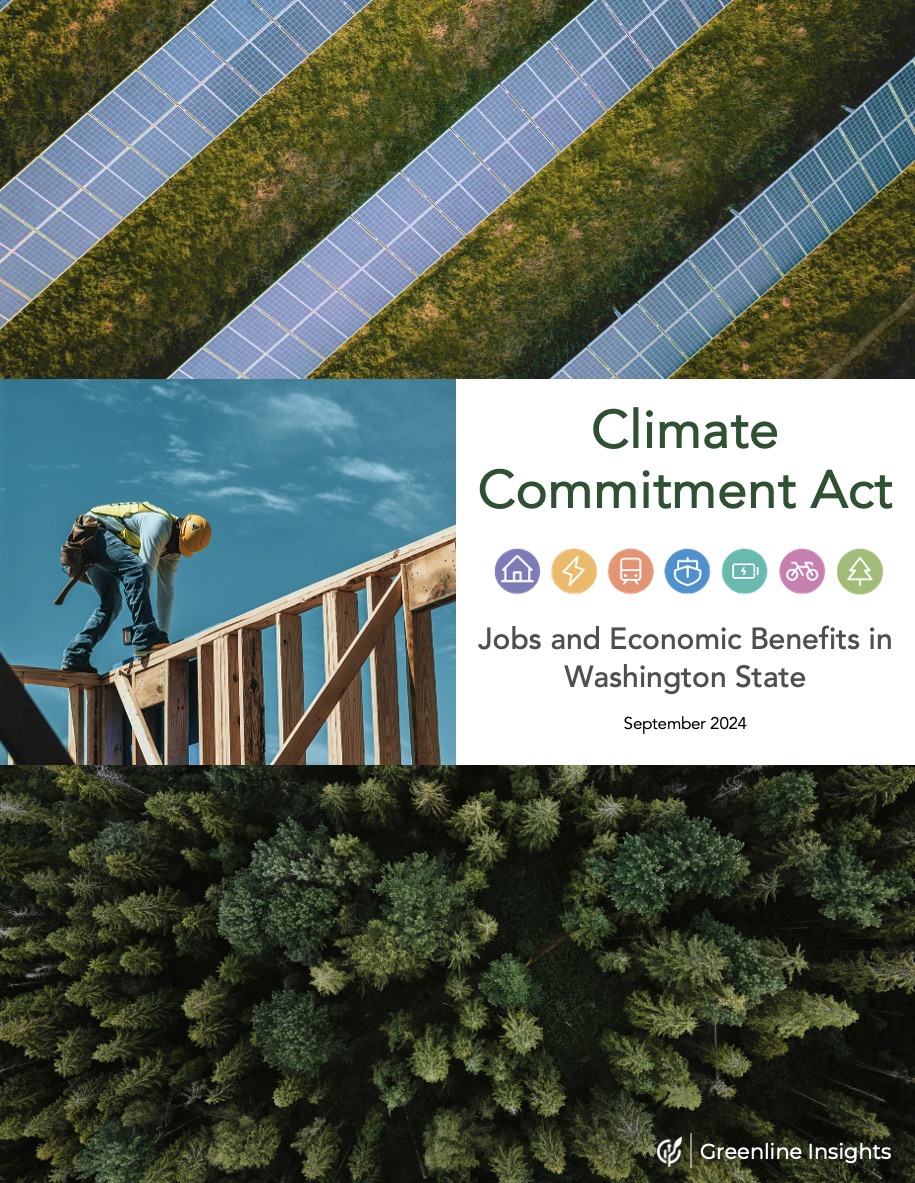 The Clean & Prosperous Institute Made in Washington Study Mission is rolling through Washington’s Inland Empire with delegates from businesses, governments and nonprofits. On the bus are regulators and regulated parties. Americans and Canadians. Democrats and Republicans. And Huskies and Cougars from various corners of the state.
The Clean & Prosperous Institute Made in Washington Study Mission is rolling through Washington’s Inland Empire with delegates from businesses, governments and nonprofits. On the bus are regulators and regulated parties. Americans and Canadians. Democrats and Republicans. And Huskies and Cougars from various corners of the state.
Michael Mann, Executive Director of the Clean & Prosperous Institute welcomed delegates to the 4th Study Mission by reflecting on highlights from previous Study Mission trips to California and Québec, and suggested that, “Although our travel is less in miles this year, I think it exceeds all the others in ambition”.
Why did we choose to explore our own backyard this year? Because Washington state is a microcosm of global carbon reduction innovation, and home of Tribal nations that are essential partners in our path to decarbonization and sustainable development. To learn first-hand about the clean energy innovation happening in Washington, we are hearing from experts and visiting sites in Spokane, Moses Lake, and the Tri-Cities.
Why did we begin our trip in Spokane? Because Spokane is in the heart of the “Inland Empire”, rich with clean energy history, innovation, resources, and talent. And in the heart of Spokane – in the University District – is the fascinating EcoDistrict, a partnership between buildings operator McKinstry and power provider Avista that manages energy across a multi-building campus.

Photo of University District Gateway Bridge by Sean Eagan, NW Seaport Alliance
Avista’s John Gibson described the partnership’s vision of a built environment that harmonizes more effectively with the utility, through such things as real-time power monitoring and load management, distributed power storage, and thermal exchange technology. By deploying an “active partnership” strategy, buildings can greatly improve power usage efficiency, and stabilize that usage across peaks and valleys of demand. Best practices learned in this “lab”
can be shared and scaled.

One of the EcoDistrict buildings we toured is the cross-laminated timber Catalyst Building, among the largest zero-carbon and zero-energy buildings ever certified by the International Living Future Institute (ILFI).
This EcoDistrict tour provided a glimpse of what’s possible as we power a cleaner, more efficient future. That future brings thousands of good-paying jobs and billions in economic activity across the state, according to the CCA Jobs & Economic Benefits Report that was presented to our delegation in Spokane, published this week, and already generating coverage in the press.
The report finds the CCA has the potential to create over 45,000 jobs and generate $9.1 billion in economic output over 8 years, all benefits that will be lost if the CCA is repealed due to actions by the Legislature or voters.
On Wednesday, Sept 25th Clean & Prosperous Institute and Greenline Insights are hosting a webinar about the CCA Jobs & Economic Benefits Report. If you are interested in attending, RSVP here.
Our first day of the Study Mission ended with a trip back in time, to Spokane’s Steam Plant – which used to burn coal and oil but now, renovated and repurposed as a restaurant and brewpub, emits only the aromas of ribeyes and garlic shrimp.
If we truly could go back in time, we would go back exactly 50 years, and visit Spokane’s Expo ‘74 – the International Exposition on the Environment. There we’d see GM’s XP512, a micro two-seater electric commuter concept car.



